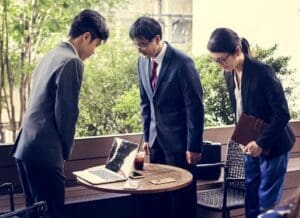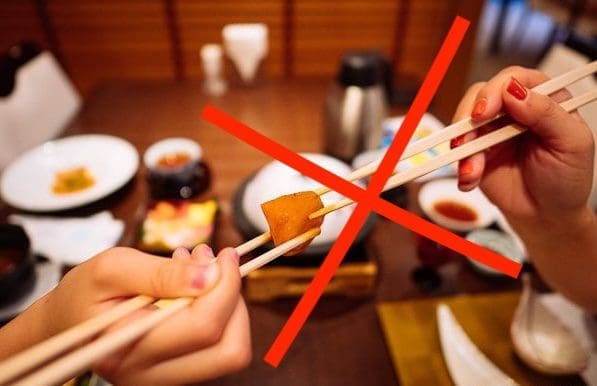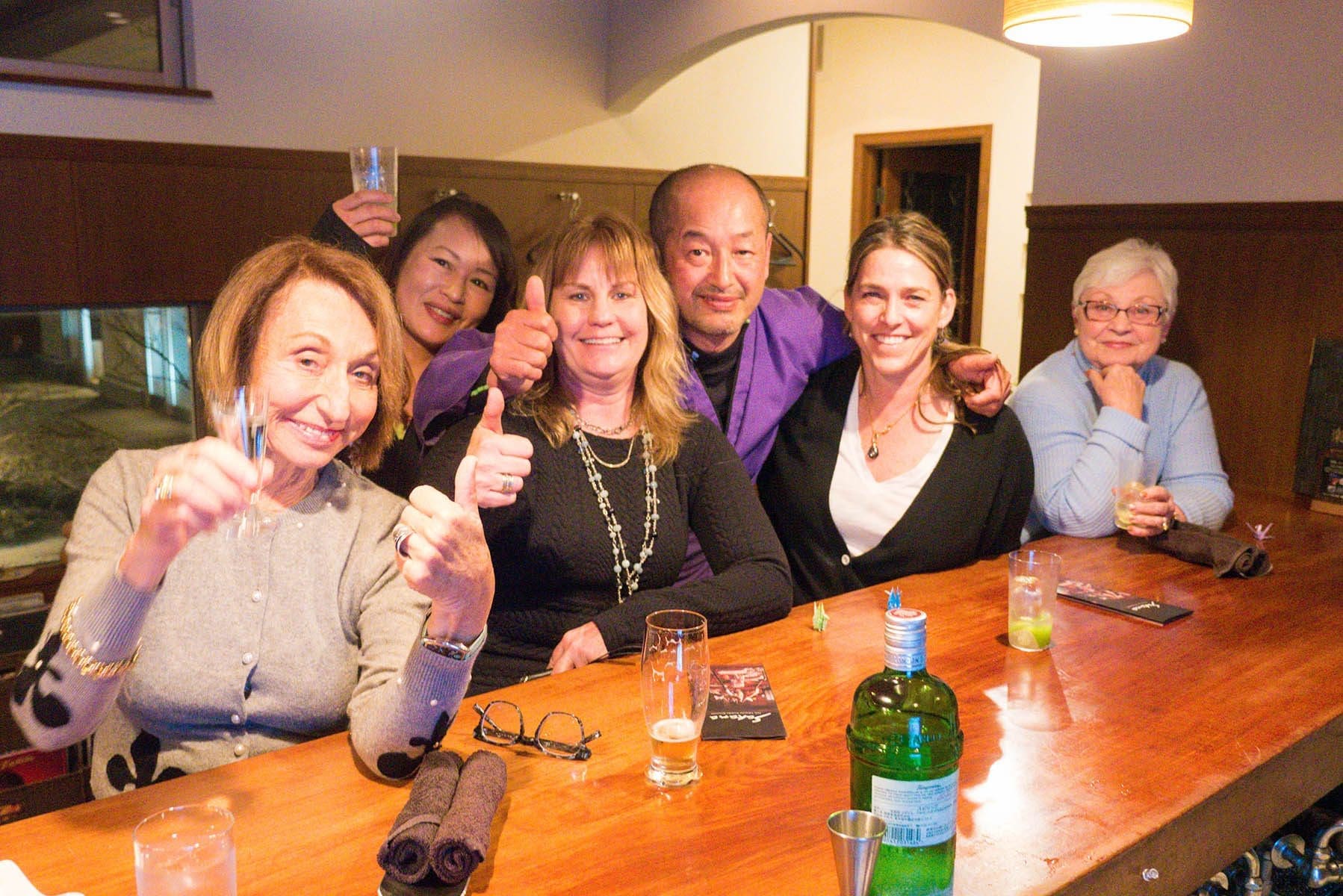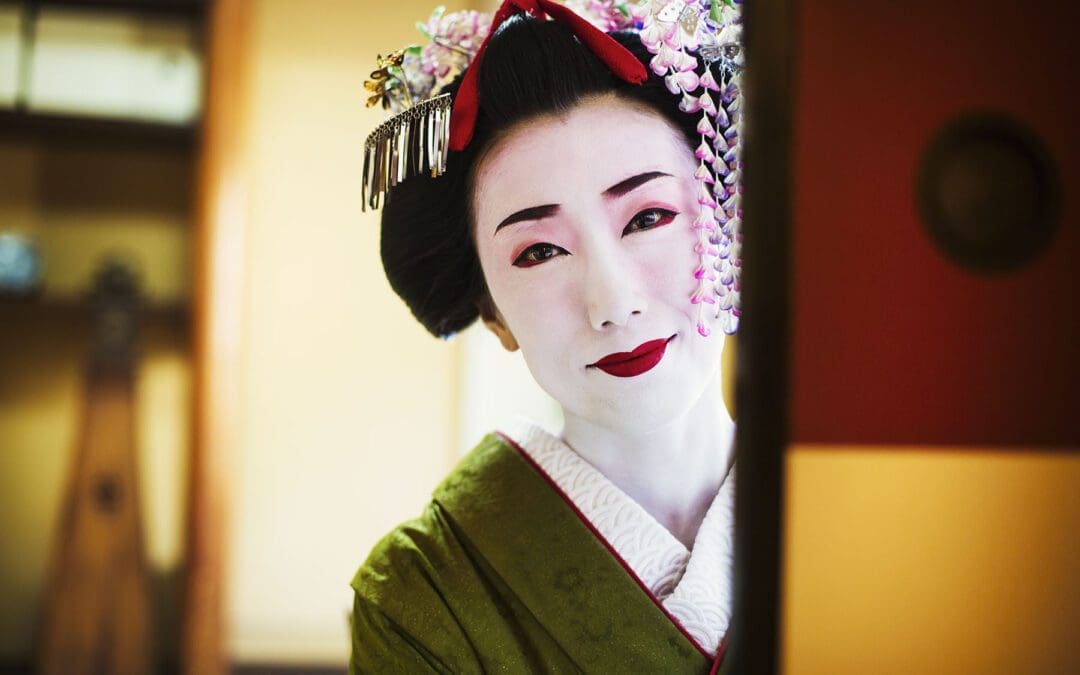Cultural Customs and Etiquette in Japan
Understanding and respecting Japanese customs and etiquette can greatly enhance your travel experience. Here’s a guide to help you navigate cultural norms.
DO’S
- Slurp Noodles: Make noises when slurping ramen or miso soup; it’s a compliment to the chef.
- Bow: A very common greeting, showing respect or gratitude. Many small head bows can be a way of giving reassurance to those you are talking to.
- Bow Correctly: If you choose to bow, do so with a straight back and arms, bending at the waist, pausing briefly at the bottom of the bow (the lower the bow, the more respectful). Don’t press the palms of your hands together, as this is a Thai-style bow.
- Avoiding Excessive Eye Contact: This is a sign of politeness, not disinterest.
- Wear fresh clean socks when going out: Many restaurants require taking shoes off so wearing socks with holes or that are smelly may be embarrassing
- Use Slippers: Remove shoes when entering homes, ryokans, or certain public buildings, and wear the provided indoor slippers
- Toilet Slippers: Use designated toilet slippers in the restroom at a ryokan and make sure to leave them there and switch back to normal slippers when you exit.
- Chopstick Etiquette: Only use chopsticks for picking up food you intend to eat and avoid passing food directly from one pair of chopsticks to another.
- Business Card Etiquette: When someone gives you their business card, it is polite to receive it with two hands, study it carefully, and give it care and attention as if it is an extension of them. Take care with putting it in a pocket (not a back pocket) and don’t tear it or roll it up.
- Respect Silence in Transit: Stay quiet on public transport, especially in designated quiet zones.
- Respect Sacred Spaces: Speak softly and remove hats in temples and shrines; ensure you’re dressed appropriately in modest clothing.

DON’TS
- Blow Your Nose Publicly: Sniffing is acceptable, but avoid blowing your nose in public.
- Shoe Missteps: Wearing outdoor shoes inside, especially in someone’s home, is a very serious faux pas.
- Chopstick Misuse: Don’t stick chopsticks upright in a bowl of rice, as it resembles a funeral rite. Also never pass food from one set up chopsticks to another, as this is also only done at funeral ceremony when passing the bones of a cremated person.
- Continue Conversations in Elevators: Out of respect, pause discussions when sharing an elevator with someone.
- Phone Calls in Public: Refrain from loud conversations or phone calls in public spaces to respect the local culture’s value of quiet and order.
- Continue Conversations in Elevators: Out of respect, pause discussions when sharing an elevator with someone.
- Cross at Red Lights: Despite no sign of cars coming, the Japanese still obey pedestrian traffic lights and will look down on those who break this rule.
- Eating and Walking: Japanese people never eat while walking along the street, but rather stand somewhere until they finish a snack before continuing to walk.

ADDITIONAL TIPS
- Ryokan Conduct: When staying at a ryokan, follow the dress code with the provided yukata (casual kimono) provided by the ryokan. It’s typically worn after bathing in the evening and to breakfast in the morning.
- Onsen Manners: Cleanse thoroughly in the shower area before entering the communal bath. Tattoos are often frowned upon in onsens; check policies in advance.
- Eating Etiquette: It is polite to wait before eating until everyone has sat down and is ready to start together and collectively say “itadakimasu” before beginning to eat.
- Drinking Etiquette: It is customary to wait before taking a sip of beer until everyone in the group has a drink before collectively saying Kampai (cheers) at which point, everyone can take their first drink.
- Karaoke Etiquette: Entering two or more songs in a row to the machine without giving someone else a turn is not polite in Japan.

It will be impossible to do everything right, nor would you be expected to. But by making some efforts to at least try to adhere to these guidelines, you will show respect for Japanese customs. Your efforts will be greatly appreciated by all the Japanese people that you will meet on your trip. This will ensure you do your part in maintaining the wonderful, harmonious atmosphere in Japan.







